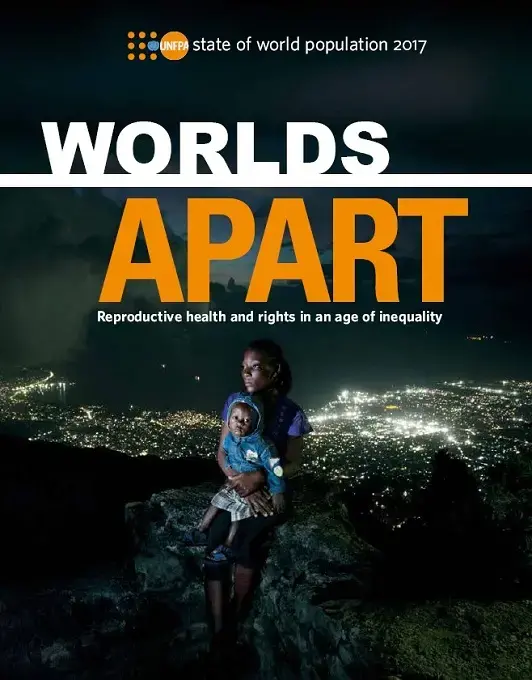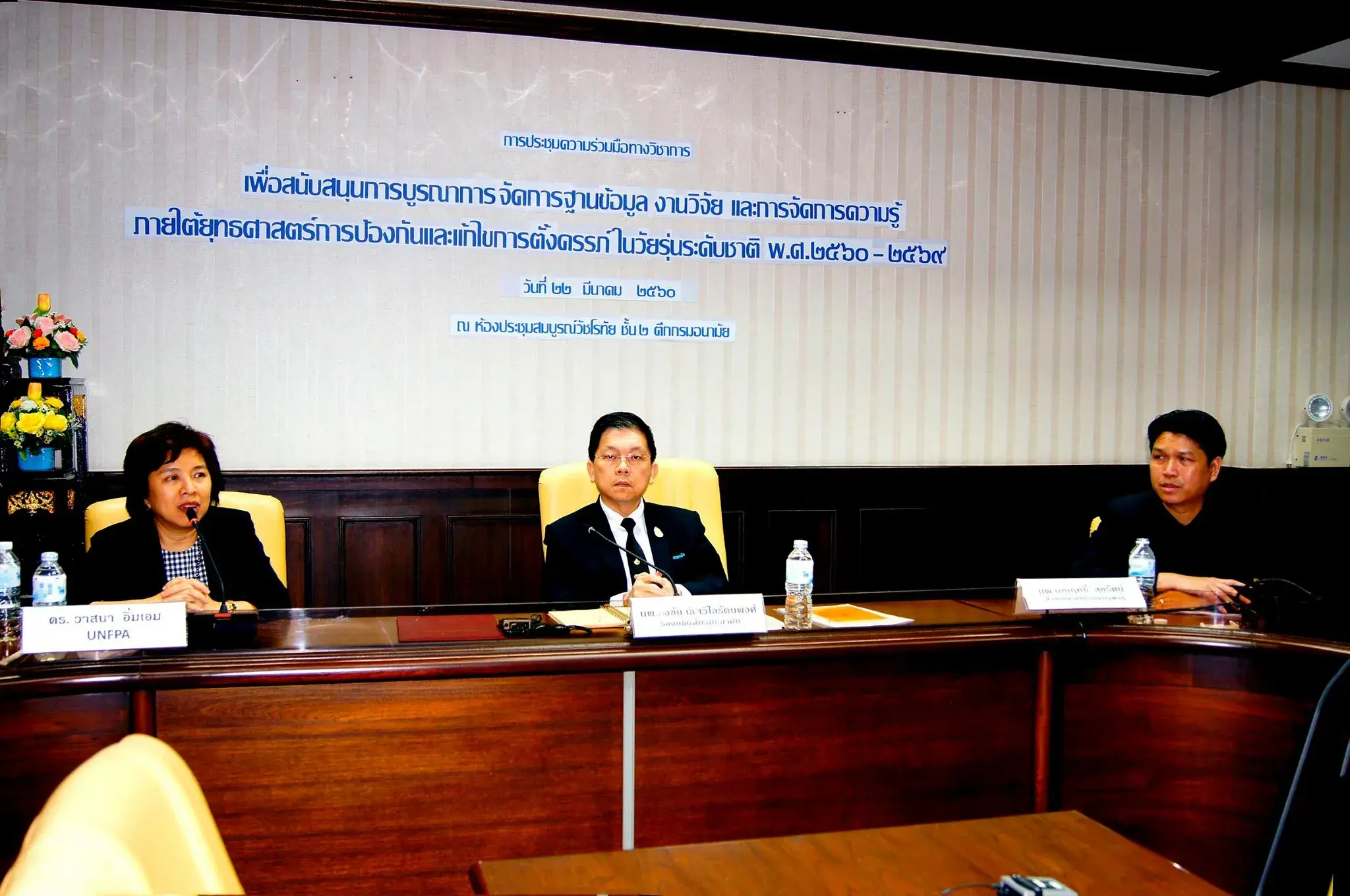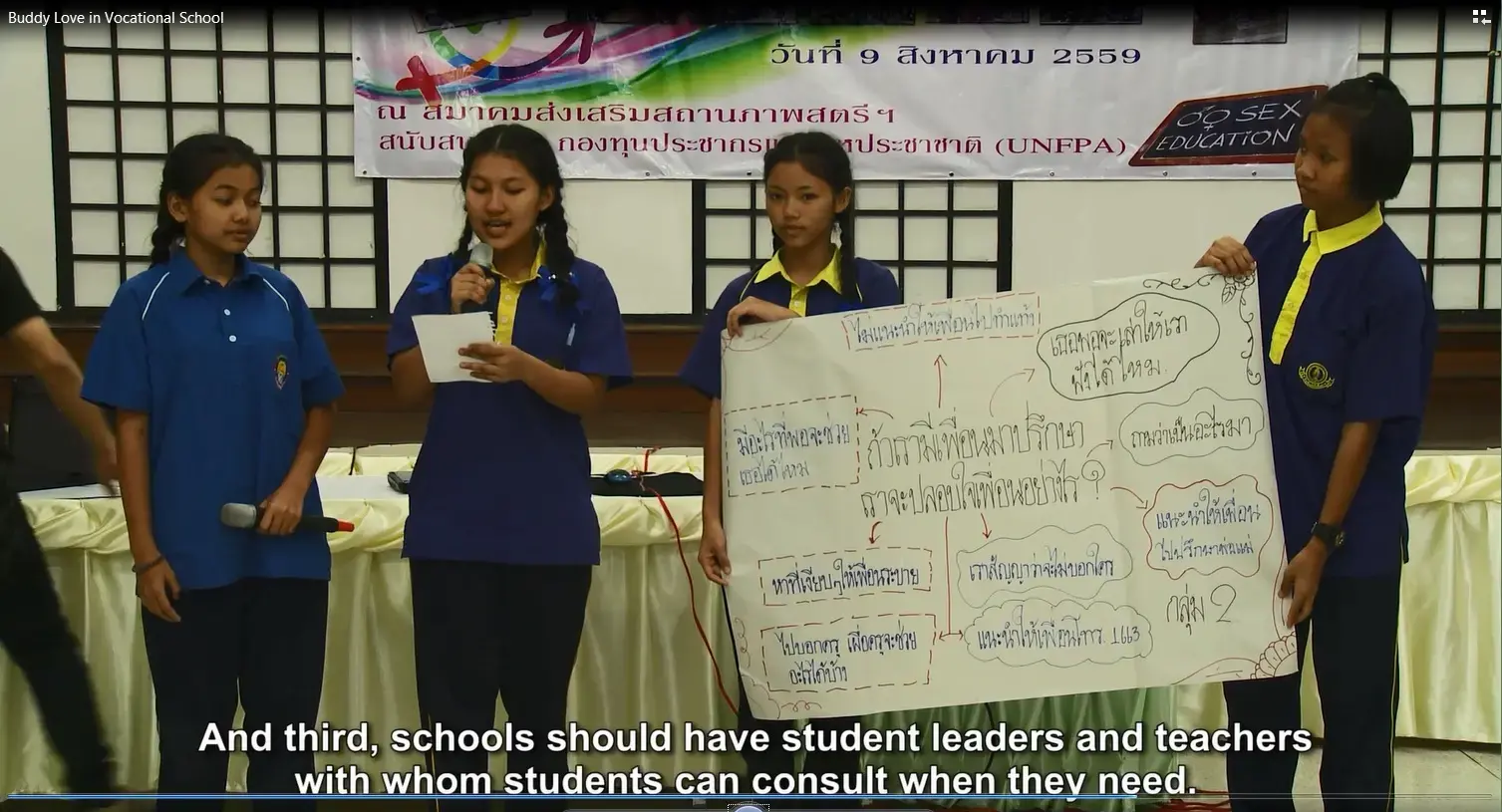“ไม่มีเด็กคนไหนอยากมีชีวิตแบบนี้หรอก” เสียงสะท้อนจากนัวร์ เด็กหญิงวัยเพียง 12 ปีจากเมือง Aleppo ประเทศซีเรีย ซึ่งถูกบังคับให้แต่งงานเมื่อต้นปีกับชายวัย 30 ซึ่งมีอายุมากกว่าเธอถึง 18 ปี นัวร์บอกว่า “เด็กหญิงวัยรุ่นซีเรียจำนวนมากถูกบังคับให้แต่งงานตั้งแต่เด็กๆเพื่อช่วยเหลือครอบครัว”
การแต่งงานก่อนวัยอันควรเป็นปัญหาที่น่าวิตกที่เกิดขึ้นในหลายพื้นที่ในซีเรีย และยิ่งมีจำนวนเพิ่มมากขึ้นนับตั้งแต่ปัญหาความขัดแย้งเกิดปะทุขึ้นในช่วงสามปีที่ผ่านมา เนื่องจากผู้คนจำนวนมากไร้ที่อยู่อาศัยและต้องมาแออัดยัดเยียดกันอยู่ในสถานสงเคราะห์ ไม่มีงานทำและขัดสนเงินทอง พ่อแม่หลายคนจึงคิดการให้ลูกสาวเล็กๆแต่งงานออกไปจะช่วยลดภาระและทำให้ชีวิตความเป็นอยู่ดีขึ้น
นัวร์ ก็เป็นหนึ่งในเด็กหญิงที่ตกเป็นเหยื่อของการถูกบังคับให้ต้องแต่งงานก่อนวัยอันควรโดยไม่มีทางเลี่ยง อย่างไรก็ตาม ขณะนี้ นัวร์ ได้รับความช่วยเหลือจากสถานพยาบาล Al Habouniในกรุงดามัสกัส เมืองหลวงของซีเรีย ซึ่งกองทุนประชากรแห่งสหประชาชาติให้การสนับสนุน ส่วนครอบครัวของนัวร์ก็ย้ายไปอยู่ที่สถานสงเคราะห์ในดามัสกัสตั้งแต่เดือนเมษายนที่ผ่านมา
ก่อนหน้านี้ ครอบครัวของนัวร์ทั้ง 9 ชีวิต อาศัยอยู่ร่วมกันในห้องห้องเดียว ทั้งหนังสือทัง้ของเล่นวางระเกะระกะ มีอาหารและเครื่องนุ่งห่มเล็กน้อยพอประทังชีวิต ความยากจนทำให้นัวร์ถูกมองว่าเป็นภาระแก่ครอบครัว และเมื่อมีผู้ชายมาขอแต่งงาน ครอบครัวจึงไม่ลังเลที่จะยกนัวร์ให้ไปเพื่อแลกกับสินสอดที่ครอบครัวฝ่ายชายจะมอบให้ ซึ่งเพียงพอที่จะเลี้ยงพ่อแม่พี่น้องของนัวร์ได้เกือบปี ชีวิตของนัวร์ช่างแตกกต่างอย่างสิ้นเชิงกับความฝันของเธอ นัวร์ฝันจะเป็นผู้นำหญิงของประเทศ แต่ในความเป็นจริง นัวร์พบว่าตัวเองไม่มีกำลังจะต่อกรกับโชคชะตา “หนูต้องยอมสละความฝันจะเป็นผู้นำหญิงของซีเรีย เพื่อให้คนครอบครัวของหนูมีความสุข”
นัวร์ไม่เพียงต้องทิ้งความฝันของเธอเท่านั้น แต่ยังต้องผจญกับฝันร้ายจากการบังคับฝืนใจในชีวิตแต่งงาน นอกจากความยากลำบากในการต้องปรับตัวเข้ากับครอบครัวสามีแล้ว ยังต้องอยู่กับความหวาดกลัวและซึมเศร้าเหตุเพราะสามีมักจะบังคับให้มีเพศสัมพันธุ์แม้นัวร์ไม่ต้องการ การกระทำทารุณกรรมเช่นนี้ดำเนินต่อเนื่องกระทั่งครอบครัวของนัวร์ผิดสังเกตเนื่องจากนัวร์กลายเป็นคนเก็บตัวไม่พูดจากับใคร แม่ของนัวร์จึงแนะนำให้นัวร์มาขอคำปรึกษากับคลีนิค Al Habouni ซี่งอยู่ในสมาคมวางแผนครอบครัวของซีเรีย ซึ่งให้บริการทั้งการรักษาพยาบาล ให้บริการทางสังคม และให้คำปรึกษาข้อกฎหมายที่เกี่ยวกับความรุนแรงทางเพศ
ในตอนแรกที่นัวร์เข้าไปที่คลีนิค เธอมีปัญหาทั้งร่างการและจิตใจ เธอยังคงเงียบและไม่สามารถสื่อสารสถานการณ์ที่เธอประสบมาได้ แต่หลังจากที่นัวร์ได้รับการรักษาทั้งการให้ยาและการบำบัดทางจิตใจและครอบครัวก็หันกลับมาอยู่เคียงข้างสนับสนุนการตัดสินใจของเธอ นัวร์จึงมีอาการดีขึ้น “หนูยังไม่ตายและหนูก็เข้มแข็งแล้ว”
หกเดือนหลังการแต่งงาน นัวร์ก็ย้ายออกจากบ้านสามีกลับมาอยู่กับครอบครัวที่สถานสงเคาระห์ และยื่นฟ้องหย่า โดยมีนักกฎหมายจากคลีนิค Al Halbouni ให้คำปรึกษาโดยไม่คิดค่าบริการ นัวร์กลับไปเรียนต่อโดยมีคลีนิค Al Halbouni ช่วยประสานของความความช่วยเหลือเรื่องเอกสารต่างๆจากกระทรวงศึกษาธิการ แม้ขณะนี้นัวร์ยังต้องต่อสู้กับปัญหาสุขภาพจิต เธอยังคงเก็บกดเก็บตัวและต้องพยายามอย่างยิ่งเรื่องการเรียน แต่นัวร์ก็หวังว่าเธอจะสามารถทิ้งประสบการณ์อันเลวร้ายไว้เบื้องหลังได้โดยไม่คิดถึงมันอีก
นัวร์บอกกับกองทุนประชากรแห่งสหประชาชาติว่า “หนูยังมีชีวิตอยู่ เข้มแข็งพอ และเรียนต่อได้”
“หนูหวังว่าหนูจะทำความฝันของหนูให้เป็นจริง และสามารถเปลี่ยนแปลงประเทศของหนู รวมทั้งโลกใบนี้ด้วย”
DAMASCUS, Syria – “No girls want this life,” said Nour,* a 12-year-old girl from Aleppo, Syria, who was married to a 30-year-old man earlier this year. “Teenage Syrian girls are being forced into early marriages to save their families.”
Child marriage has long been a concern in parts of Syria. But since the conflict started three years ago, the numbers of child marriages have increased. Many people are now displaced and living in cramped shelters. The majority of them are unemployed, and families are spending their meagre savings just to survive. Many have come to believe that their daughters will be better protected and provided for if they are married off.
Nour, 12, was forced into an abusive marriage. She is now receiving support from the staff at the UNFPA-supported Al Halbouni clinic in Damascus, Syria. Credit: UNFPA, Hamada Smesem
“There was no other choice,” Nour said. Her family had fled to a shelter in Damascus in April.
Nine members of her family were crowded into a single room, surviving with little food and few clothes, books or toys.
“My family was confronting economic problems, and I was a burden on them,” she said.
Soon, a man she had never met before asked to marry her. He offered her family a ‘mehr’ – a form of bridal dowry paid by the groom’s family – large enough to support her family for nearly a year. They agreed.
Nour’s fate could not be more different from what she had envisioned for herself. She had dreamed of one day becoming a leader, but found herself completely powerless instead.
“I had to sacrifice my dreams of being a Syrian woman leader for their happiness,” she said.
Relentless abuse
The marriage quickly turned into a nightmare.
“Making the adjustments to the reality of marriage and being in a new family environment was traumatic enough. But I became scared and depressed as my husband constantly forced me to have sex with him against my wishes.”
The abuse was relentless, and her family watched with alarm as she grew increasingly withdrawn. “I was not born for this,” Nour said.
Her mother recommended she see a counsellor at the UNFPA-supported Al Halbouni health clinic. It is one of three Syrian Family Planning Association clinics that provide comprehensive services, including medical examinations, social services and legal counseling for survivors of gender-based violence.
“By the time Nour reached us, she was in a dire state – legally, mentally, physically,” said Hala Haj Hussein, a social worker at the centre. “She was silent, and unable to discuss her situation.”
Nour was given a comprehensive medical examination, and began receiving regular psychosocial support. Ms. Hussein said that Nour has responded well to the therapy. Her family has also been supportive of her and her choices.
“I am still alive, strong”
After six months of marriage, Nour moved out of her husband’s home and into the shelter where her mother and five siblings are living. She has decided to file for divorce, and is receiving free legal counselling from a lawyer at the Al Halbouni clinic.
She was also able to return to school. Since her family had fled to Damascus, she had lacked the documents necessary to enrol in the local schools, but the clinic, in cooperation with the Ministry of Education, helped her obtain the required documents and register for classes.
Still, her troubles are not over. Nour remains withdrawn, and has struggled to focus on her studies. She hopes that, with time and continued support from the Al Halbouni clinic, she will be able to leave her experiences behind her.
“I am still alive, strong and able to continue to study,” Nour told UNFPA. “I am hopeful I can achieve my dreams and make change in my country and in the world.”




